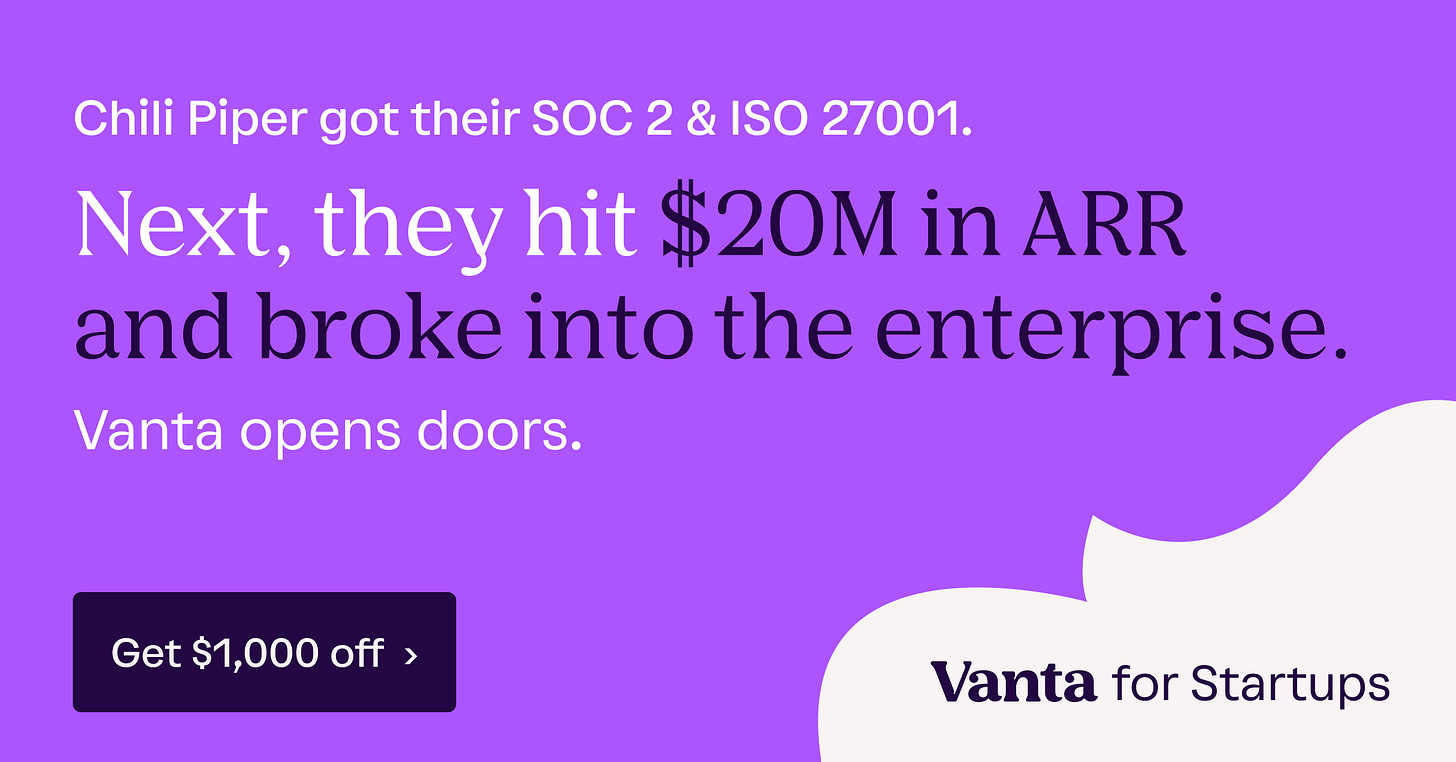CoreWeave's Debut Marred by Weak Markets, AI Jitters
Plus, legal AI startups pick up investor interest
The Main Item
IPO Outlook Remains Gloomy as CoreWeave Struggles
CoreWeave’s IPO is turning out to be anything but the break-out event that exit-hungry VCs had been hoping for.
A month ago it looked like CoreWeave, which builds and operates data centers equipped with Nvidia GPUs, might be the first in a parade of AI-related public offerings. It also stood as an indicator of demand for AI data centers, which are being built at a frantic pace by many companies all over the world and represent a high-stakes bet on the quick, widespread adoption of generative AI.
Since then, though, markets have tumbled on worries about President Trump’s trade policies, dimming the prospects for all IPOs. And on closure inspection, CoreWeave began to look like a complicated way to bet on the AI future.
With the major indexes gapping down again on Friday, the timing turned out to be terrible.
The company raised $1.5 billion in an offering price at $40 per share, sharply below the projected range of $47 to $55, and with a much smaller float than anticipated, for a valuation of around $20 billion. Even at the lower price, shares still had not opened as of midday Friday in New York, with NASDAQ tumbling more than 2% in the morning. The latest indications suggested it would open just above the offering price.
Founded as a crypto-mining firm in 2017, CoreWeave was an early adopter of Nvidia GPUs and built out AI data centers with the help of the chip company, which is an investor as well as a supplier and customer. Nvidia anchored and likely saved the IPO by agreeing to buy another $250 million in shares.
CoreWeave faced uncomfortable questions in the run-up to the offering, with The Information pointing out that the company’s founders had already cashed out some $500 million, and a Financial Times reporting that it had technically defaulted on some of its debt due to poor financial management. It has quite a lot of debt—about $8 billion as of the end of 2024, according to the FT—and plans to use $1 billion of the IPO proceeds to pay down a bridge loan.
All of that makes CoreWeave look very different from most VC-backed tech companies, and indeed its origins and its investors are more Wall St. than Silicon Valley. It was founded by commodities traders, and its backers are hedge funds and wealth managers including Jane Street, JPMorgan Asset Management, Fidelity, Lykos Global Management, Magnetar Capital, and Coatue Management.
It’s not easy to sort the macro from the micro when it comes to the weakness of the CoreWeave IPO, but it’s safe to say that if equities markets don’t recover, there isn’t going to be a parade of offerings, or premium pricing. The next big test will be the Swedish payment firm Klarna, likely to debut in the first half of April after taking a big valuation haircut on the private market.
Worries about a bubble in data center investment were underscored by a TD Cowen report asserting that Microsoft was cancelling data center leases, as well as comments by Alibaba’s Joe Tsai. Still, OpenAI and its backers don’t seem to be wavering on demand or valuations, and all the tech giants—including Microsoft—say their massive capex plans remain in place.
Open doors to next-level growth with Vanta
As a startup founder, finding product-market fit is your top priority.
But landing bigger customers requires SOC 2 or ISO 27001 compliance—a time-consuming process that pulls you away from building and shipping.
That’s where Vanta comes in.
By automating up to 90% of the work needed for SOC 2, ISO 27001, HIPAA, and more, Vanta gets you compliant fast—opening doors to next-level growth opportunities.
Over 10,000 companies like Atlassian, Factory, and Chili Piper streamline compliance with Vanta’s automation and trusted network of security experts. Whether you’re closing your first deal or gearing up for growth, Vanta makes compliance easy.
Learn more and claim a special offer of $1,000 off Vanta.
Newcomer Podcast
Vibecode Showdown
The Newcomer team has been vibe coding and Ghibli-fying all week. As non-coders, we have some takes about how far these tools can really get you.
We also dig into the 11x/TechCrunch drama and Waymo’s moves into Washington DC. Give it a listen.
Funding Scoops
Legal Startups See Fresh Opportunities in AI Tools for Corporate Tasks
We’re still a long way from AI agents that can function as true lawyers, but the Legalweek tech conference in New York this week was hot with chatter about specialized legal AI tools and services, and startups were touting new opportunities in selling directly to corporate legal departments.
Legal AI startups raised nearly $2.6 billion in global VC funding across 169 deals last year, the best showing since 2021, according to recent data from PitchBook.
In February, one of the highest-profile companies in the sector, Harvey—an AI assistant for lawyers which helps with anything from contract writing to document discovery—raised a $300 million Series D, led by Sequoia.







